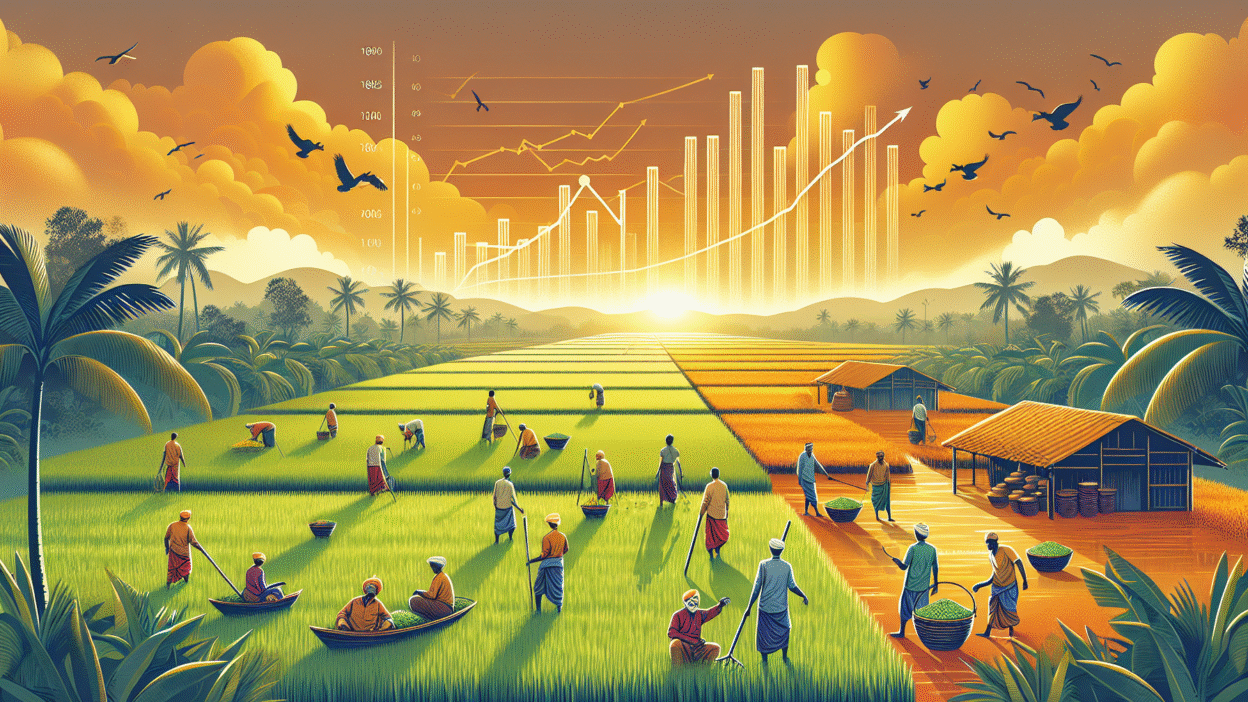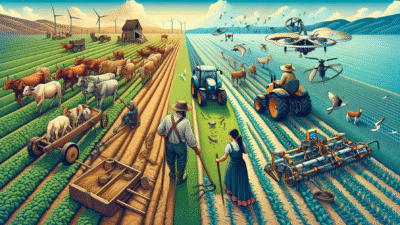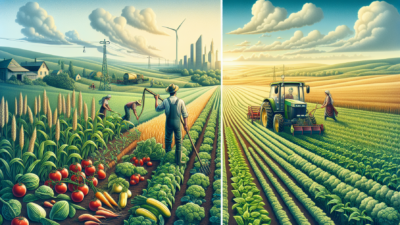Importance of Agriculture in the Indian Economy
Introduction
Agriculture has always been the lifeline of the Indian economy. With over 50% of the population depending on it for livelihood and a significant contribution to GDP, the importance of agriculture cannot be overstated. Whether you are a small-scale farmer or a policymaker, understanding the role of agriculture is key to national development.
Contribution to GDP and Employment
Although agriculture’s share in India’s GDP has declined with industrialization, it still plays a crucial role. Here’s how:
- Agriculture contributes around 17-18% to India’s total GDP.
- It provides employment to more than 55% of the Indian workforce.
- It supports various allied sectors such as retail, logistics, fertilizer production, and more.
Ensuring Food Security
India ranks among the top producers of several staple crops including rice, wheat, pulses, and spices. This high output ensures:
- Adequate food supply to over 1.4 billion people.
- Buffer stock availability for price stabilization and emergencies via the Food Corporation of India.
- Reduced dependency on food imports, saving foreign exchange.
Boosting Rural Development
The growth of agriculture directly enhances rural development:
- Generates employment and income in villages.
- Drives demand for rural services like banking, education, and health care.
- Encourages development of infrastructure such as roads and irrigation systems.
Export and Global Trade
India is a leading exporter of agricultural products like basmati rice, spices, tea, and cotton. Benefits include:
- Foreign exchange earnings for the country.
- Improved trade relations with other nations.
- Opportunities for Indian farmers to get better market prices abroad.
Challenges Facing Indian Agriculture
Despite its importance, agriculture in India faces several challenges:
- Small landholdings resulting in low productivity.
- Dependence on monsoons due to inadequate irrigation.
- Limited access to modern technology, quality seeds, and credit.
Way Forward: Strengthening Indian Agriculture
To ensure agriculture continues to strengthen India’s economy, we must:
- Provide better access to technology and machinery.
- Improve rural infrastructure and market linkages.
- Offer training and education to farmers about sustainable farming methods.
- Ensure timely credit and insurance schemes for risk coverage.
Conclusion
Agriculture is not just an economic activity in India—it is a way of life for millions. Strengthening this sector is not only essential for food security and rural development but also for the overall prosperity of the nation.
Call to Action for Indian Farmers
Dear farmers, your hard work feeds the nation. Stay empowered and informed. Explore new methods, connect with local Krishi Vigyan Kendras (KVKs), and make use of government schemes designed for your growth and stability. Together, let’s build a stronger agricultural backbone for India!




